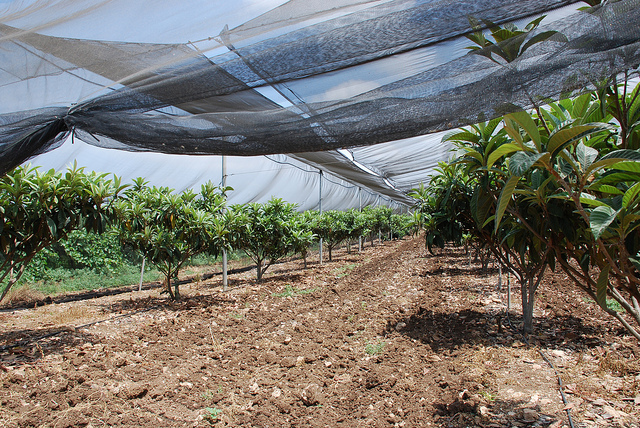
There are very few studies that highlight the impacts of climate change on rural youth. On the one end, this group tends to be submerged in the gender discussions, which while relevant, tend to overlook aspects that are specific to the social group. Hence, the limited studies on the implications of climate change on rural youth.
There is growing evidence that indicates changes in natural systems, these include enlargements and increase in glacial lakes, changes in arctic ecosystems and increased discharge in glaciers and snow-fed rivers (IPCC,2014). The impacts of these changes will be felt throughout the natural and human systems. It is anticipated that these will affect agricultural systems on which most livelihoods are dependent on.
Agriculture and rural non-farm based activities have been deemed as harnessing untapped potential to absorb the millions looking for employment, particularly in regions with land scarcity issues (White, 2012). However, employment in agriculture in the developing regions of Africa, Asia, the Pacific, Latin America and the Caribbean is declining for both young and adult workers (FAO, 2010a). This is mostly a result of low agricultural productivity that is due to unfavourable agro-ecological conditions, poor agricultural technologies, poor market access and lack of investment capital (FAO, 2010a). These conditions do not provide a favourable environment for rural youth to explore agriculture as a potential option for employment. With young people facing challenges of unemployment and underemployment, increased climate variability could result in agriculture as potential livelihood option becoming obsolete.
